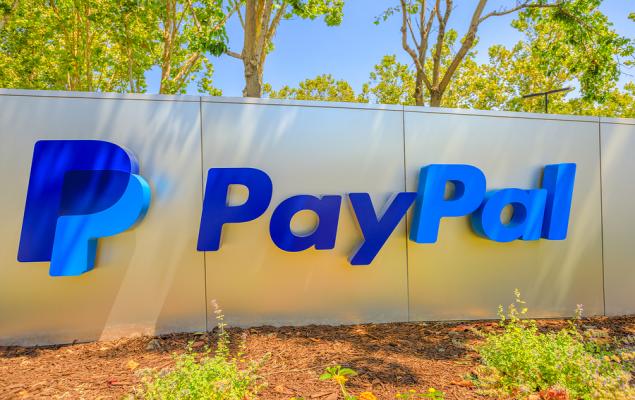PayPal Holdings has solidified its position as a frontrunner in the digital payments landscape, particularly by enhancing its platform with an extensive array of cryptocurrency offerings seamlessly integrated into its app and website. This strategic move has made it easier for users in the United States and select international markets to engage with digital currencies, allowing them to buy, sell, transfer, and hold major cryptocurrencies such as Bitcoin, Ethereum, and the newly introduced PayPal USD (PYUSD).
One of the standout products in PayPal’s crypto lineup is PYUSD, a stablecoin pegged 1:1 to the U.S. dollar. This stablecoin is not limited to Ethereum and Solana; its recent compatibility extends to other blockchains like Arbitrum Layer-2 and Stellar, enabling swifter, more cost-effective transactions. In an innovative step, PayPal also announced in April 2025 that users could earn annual rewards for holding PYUSD in either PayPal or Venmo wallets.
The expansion of cryptocurrency offerings on the PayPal and Venmo platforms underscores the company’s commitment to providing users with increased flexibility and access to digital currencies. In line with this initiative, PayPal added two more cryptocurrencies, Chainlink (LINK) and Solana (SOL), to its platforms in April 2025, broadening the options available to its users.
Further enhancing the user experience is the recently launched “Pay with Crypto” feature, introduced in July 2025. This groundbreaking tool empowers U.S. merchants to accept over 100 different cryptocurrencies, instantly converting them to fiat currency or PYUSD. This streamlined approach allows users to choose their preferred cryptocurrency for transactions, while PayPal manages the conversion process and settlement.
The user-friendly interface, coupled with a transparent stablecoin and ongoing expansion into new digital tokens, positions PayPal as a reliable facilitator in the evolving landscape of digital currencies. Users can now navigate the complexities of crypto with greater ease and security.
In the larger context of the cryptocurrency market, other players are also making significant strides. Block, Inc. has been a key contributor to the mainstream adoption of crypto through its Cash App, which enables peer-to-peer transactions and investment in Bitcoin. The company has made substantial investments in Bitcoin treasury holdings and initiated pilot programs for Bitcoin lending. Its Square Crypto initiative aims to boost Bitcoin’s utility through developer grants and the adoption of the Lightning Network.
Meanwhile, Coinbase Global remains a dominant force as the largest cryptocurrency exchange in the U.S. The platform allows users to trade various cryptocurrencies, stake their holdings for rewards, and offers secure storage services. It has expanded its offerings to include a Payments platform with stablecoin support, waived fees for PYUSD transactions, and invested in Layer 2 scaling solutions to enhance real-world cryptocurrency usage.
Despite these advancements, PayPal’s shares have seen a decline of 21.6% year-to-date, underperforming relative to both the broader industry and the S&P 500 Index. The company faces ongoing challenges in maintaining growth amidst a competitive landscape filled with rapid innovations and evolving market dynamics.






